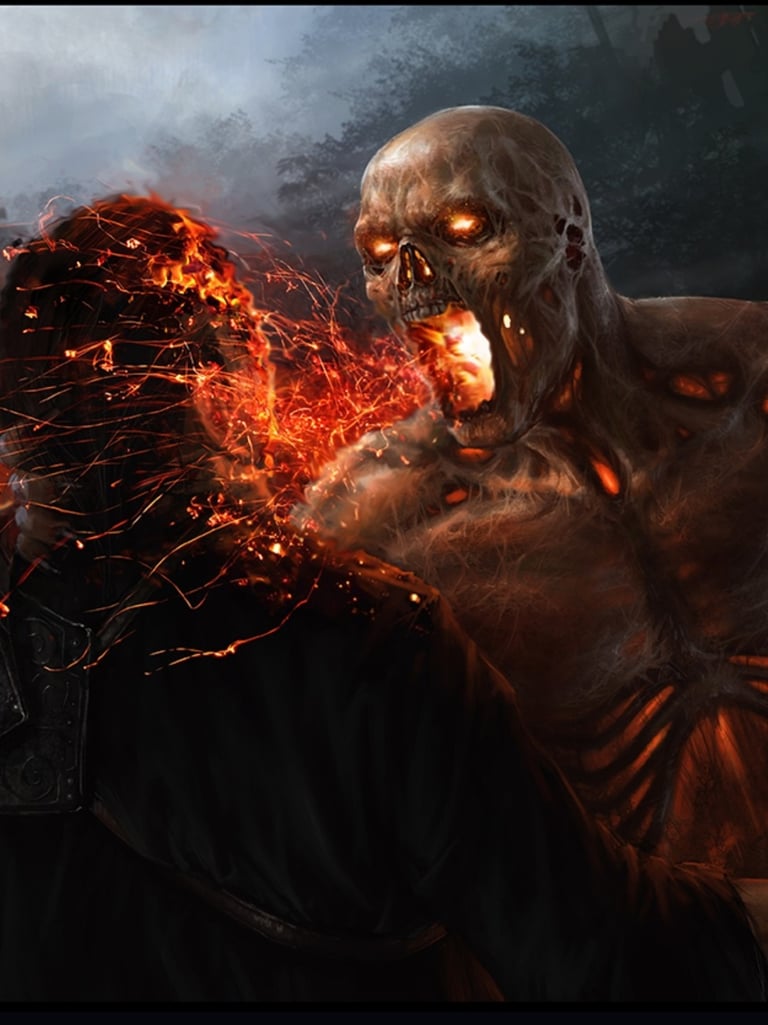

However, from a biblical perspective, God does not seem to allow such direct interference from angels in human affairs. Here are some possible reasons why:
• Free Will and Faith – The Judeo-Christian concept of free will suggests that humans must choose belief without undeniable proof. In accordance with this ass-backwards logic, if angels constantly intervened, faith would no longer be necessary because God's existence would be self-evident.
• Hierarchy and Order – Even good angels operate within God's will and structure. Biblical texts suggest that angels serve as messengers, not autonomous actors who take control of human bodies (Hebrews 1:14). Direct intervention might be seen as overstepping their divine role.
• The Precedent of Rebellion – Lucifer and the fallen angels were cast out of heaven for acting against divine order. Even if an angel were acting benevolently, descending without God’s sanction could be perceived as rebellion, leading to exile because you know, God.
• Indirect Guidance Instead of Possession – Angels in religious texts tend to guide and influence rather than possess. They appear in dreams, visions, or as physical beings to deliver messages (Gabriel’s announcements to Mary and Daniel, for example). Perhaps possession would be considered too forceful an intervention. But what if angels simply want nothing to do with humankind? If we consider another possibility, angels might not be prohibited from intervening but rather choose not to. Perhaps they see humanity as a failed experiment, a species doomed by its own self-destructive nature.
So, angels—rather than being the ever-benevolent guardians depicted in religious texts—might have developed a detached, even cynical view of humanity. They may see us as mere creatures who continuously repeat the same mistakes, reject divine guidance, and create their own suffering. From their perspective, stepping in might not only be futile but also undeserved.
This would align with a more deistic or Gnostic interpretation of celestial beings—where divine entities exist but have little interest in micromanaging human affairs. So, instead of active agents of good, angels could be passive observers, unwilling to interfere because they believe humanity should face the consequences of its own choices. Some might even take a stance that aligns more with Lucifer’s ideology: that humans should be free to carve their own paths, even if it leads to ruin.
In this light, perhaps the real question isn’t why God forbids angelic possession, but why angels would even want to possess humans in the first place. If they have witnessed humanity's wars, greed, and cruelty throughout history, they might have simply washed their hands of us—letting us rise or fall by our own means.
This would completely shift the traditional religious narrative, turning angels from celestial caretakers into distant, perhaps even indifferent, cosmic entities. But from a more occultic perspective, the idea of angelic possession challenges traditional dualities. If divine beings could possess humans for good, it would blur the line between holy intervention and free will. Some might argue that this would be an act of divine coercion rather than assistance.
So, if such possessions don’t occur, is it because God forbids them, or because angels actually do have free will and simply choose to opt out? Perhaps the concept of divine intervention itself is flawed.






